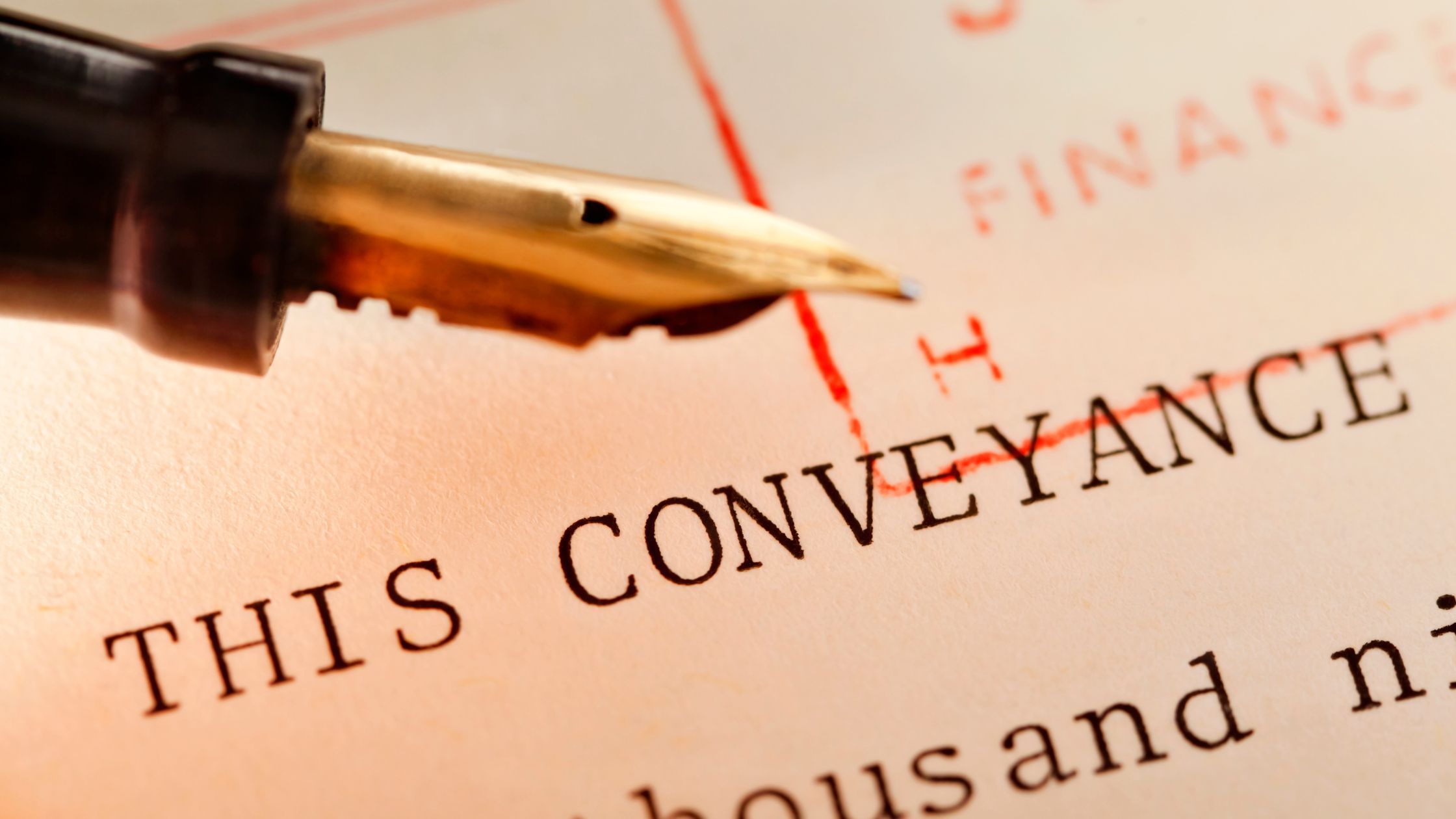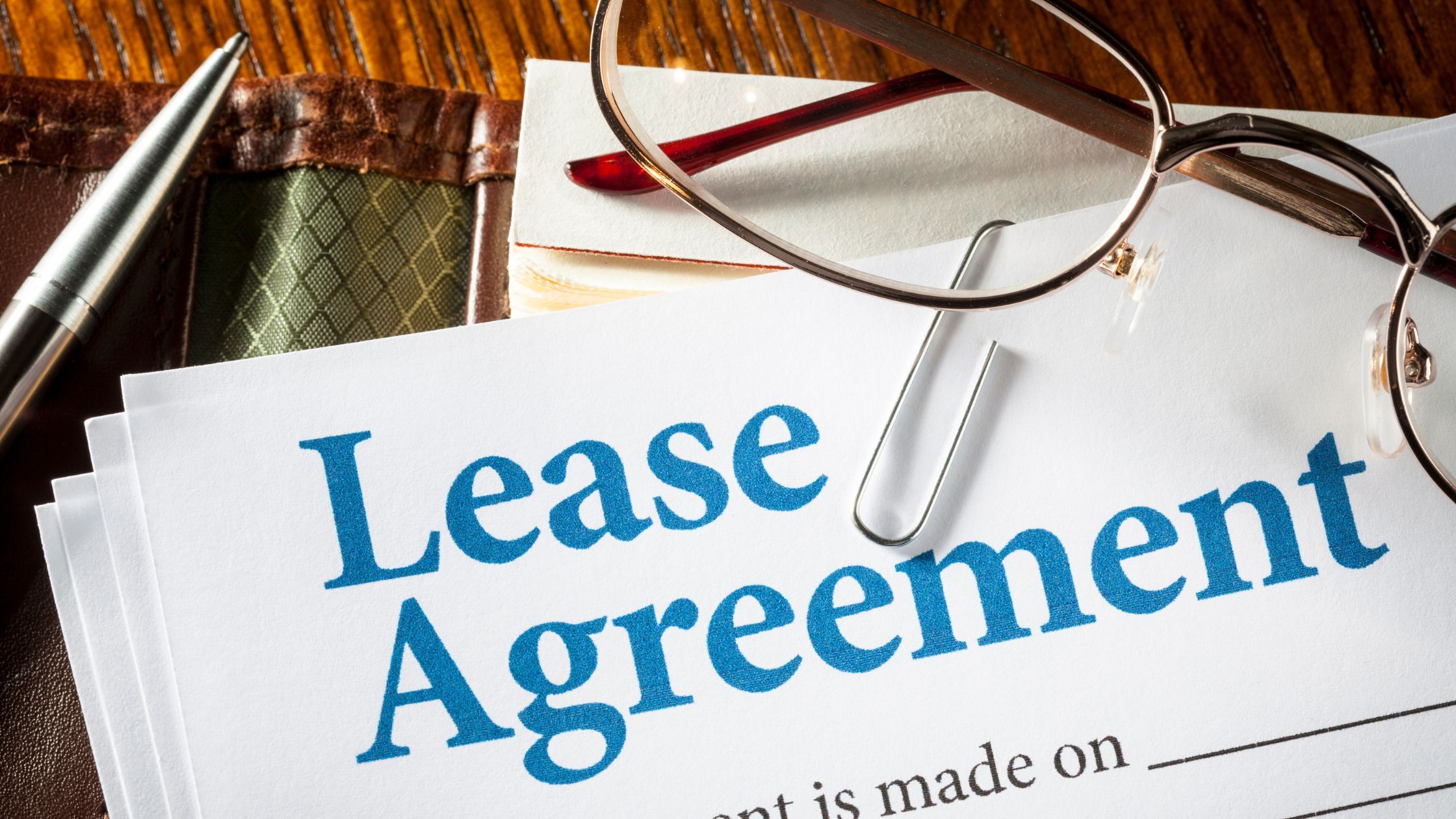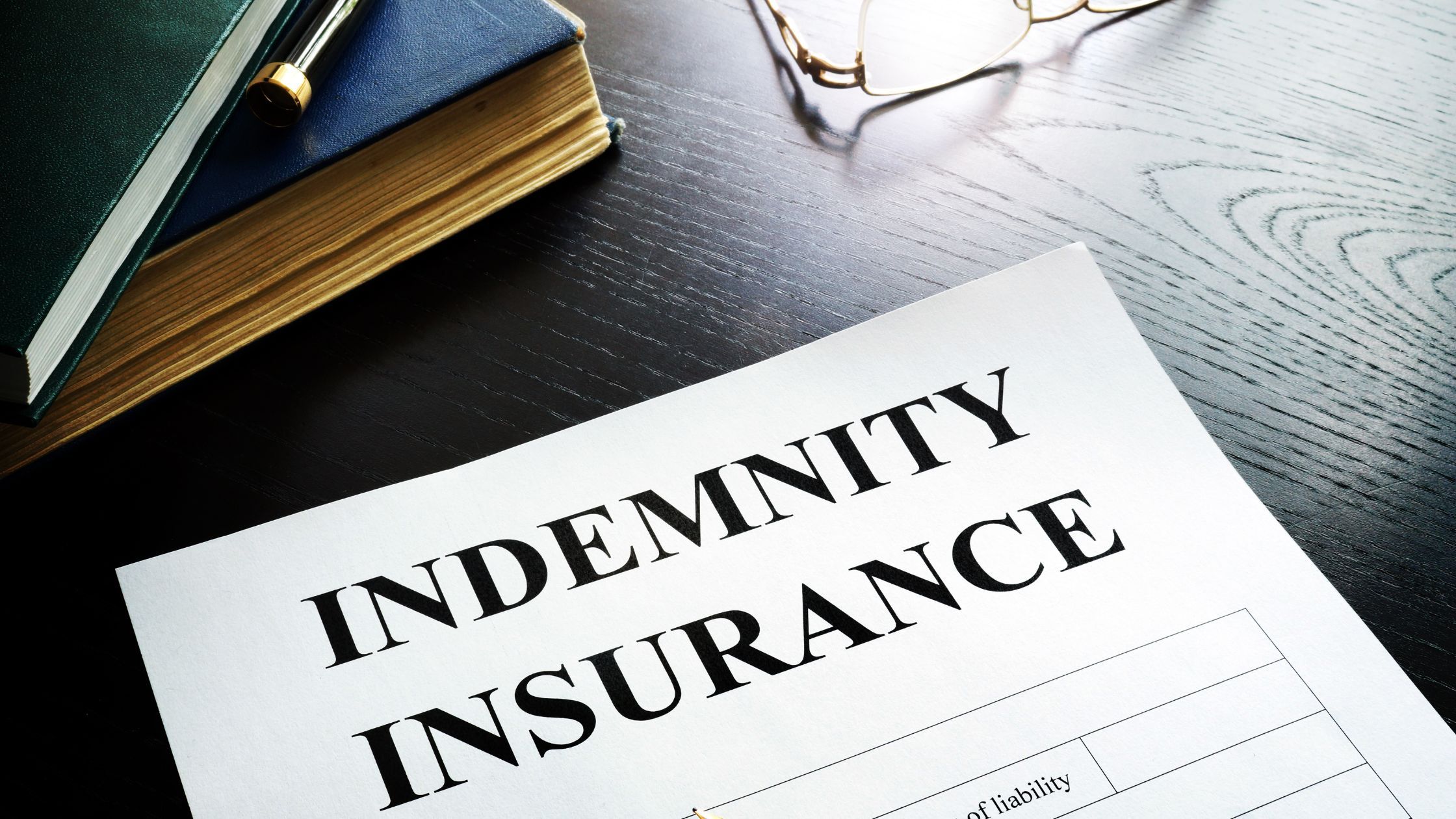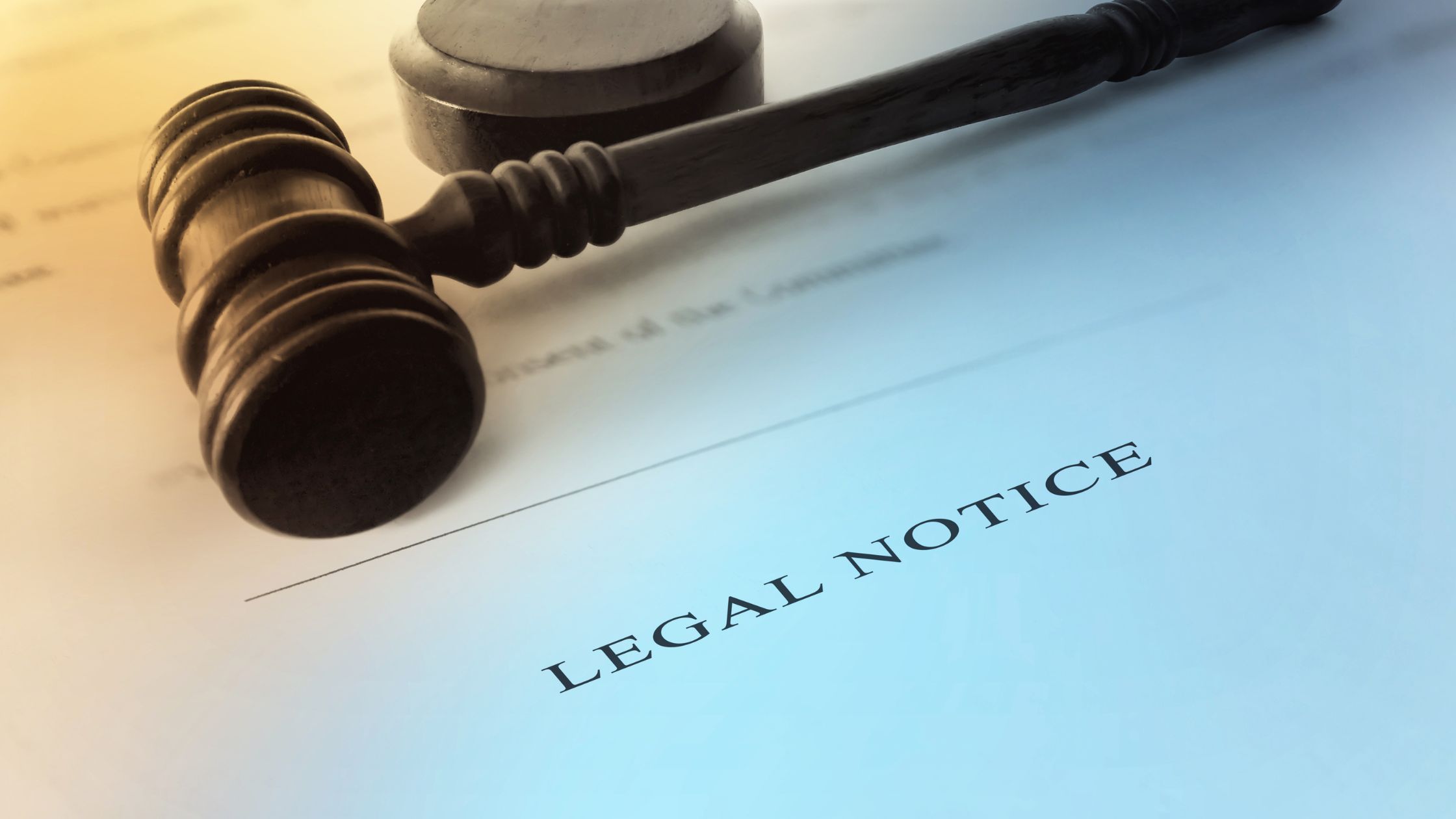When deciding to purchase a property, it is very important to consider which searches you will require. The searches will require an upfront payment and often seem quite expensive. The searches are very important as they may provide information that the seller may not have disclosed or known at the time. The searches will allow your Conveyancer to investigate the property in greater detail and allow them to raise any relevant enquires which may be important.
Whilst there are many types of searches, there are three main searches to consider.
Local authority search - The purpose of this search is to provide information about the property and the surrounding area. This includes building regulations, planning permissions, whether the property is located within a conservation area, any local land charges and any pending enforcement action. The search will provide a great detail of information that may be relevant when deciding to purchase the property.
Environmental search - The purpose of the environmental search is to find out whether anything has a negative effect on the environment surrounding the property. The search will reveal information regarding: flood risk, subsidence, coal mining, whether the property is affected by contaminated land and whether there are any energy installation surrounding the property.
Water and drainage search - This search will confirm whether the property benefits from mains water and drainage. The search will go into detail regarding, where the public sewers are, whether the property is connected to the public or private sewer, whether there are any public sewers within the boundary of the property and whether any sewers have been built over.
There are also ancillary searches which may be applicable to your property and may also require ordering. Some examples of these searches are: coal mining search, tin or brine search, chancel check search and flooding search. These can be ordered at an extra expense and your Conveyancer will inform you if such searches are recommended.
If you are buying your property with the aid of a mortgage, your lender will insist on all relevant searches being ordered before they will borrow any money, as a physical inspection of the property will not always reveal the information provided within the searches.
If you are a cash purchaser, you will be able to proceed without the aid of searches, however this is not recommended and will be against our advice.
It is also worth noting that the search providers will not carry out a physical inspection of the property and a survey will also be recommended.
Smoke Control Order
It is standard practice to order searches when purchasing a property and the local authority is one which may reveal a smoke control order. A smoke control order is whereby you are only allowed to use certain authorised fuels or burn smokeless fuel in specific areas. It is important that you do not breach this order as this can result in a fine of up to £1000. What amounts to authorised fuel, depends on where you live and the following link provides a list of the same https://smokecontrol.defra.gov.uk/fuels.php.
Tree Preservation Order
A Tree Preservation order is made by the Local Planning Authority to protect specific trees, groups of trees and woodlands. If you were thinking of buying a property or land with which there may be an issue concerning a tree preservation order, it may affect the value or restrict the way in which you utilise your home whether now or in the future. To find out whether your property has a TPO, the starting point would be on the government website which will allow you to check the status of trees, this can be done before you purchase a property, however, if you are in the process of buying a property the TPO will be highlighted in your Local Authority search. There are some cases where the TPO is dated back decades and the Local Authority records may not be accurate. Courts have the powers to fine anyone who breaches the TPO. The maximum fine you can be charged is £20,000 for destroying a tree and up to £2500 for anyone who does not completely destroy a tree but has carried out some other work.




































